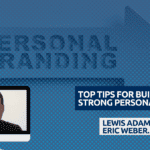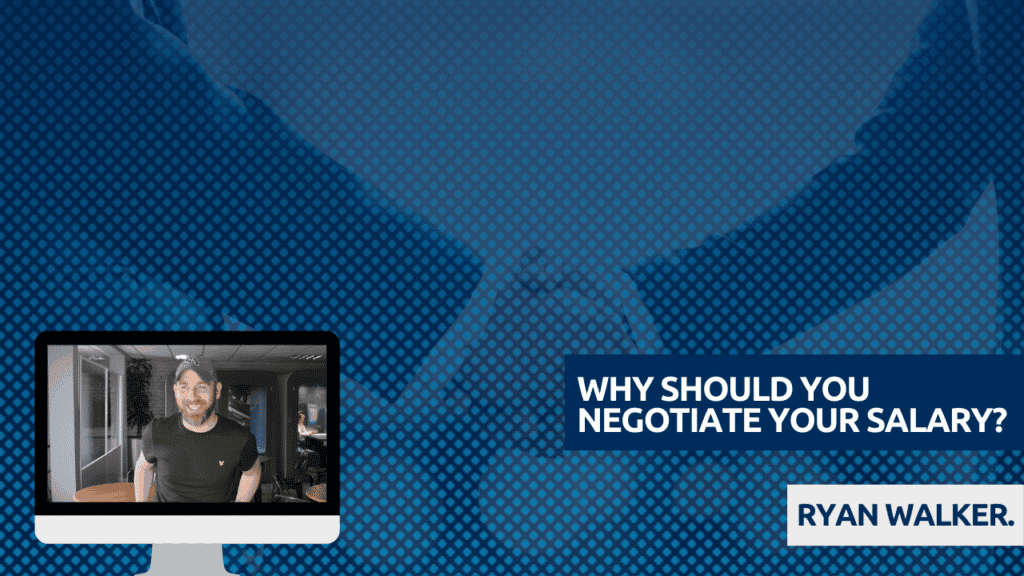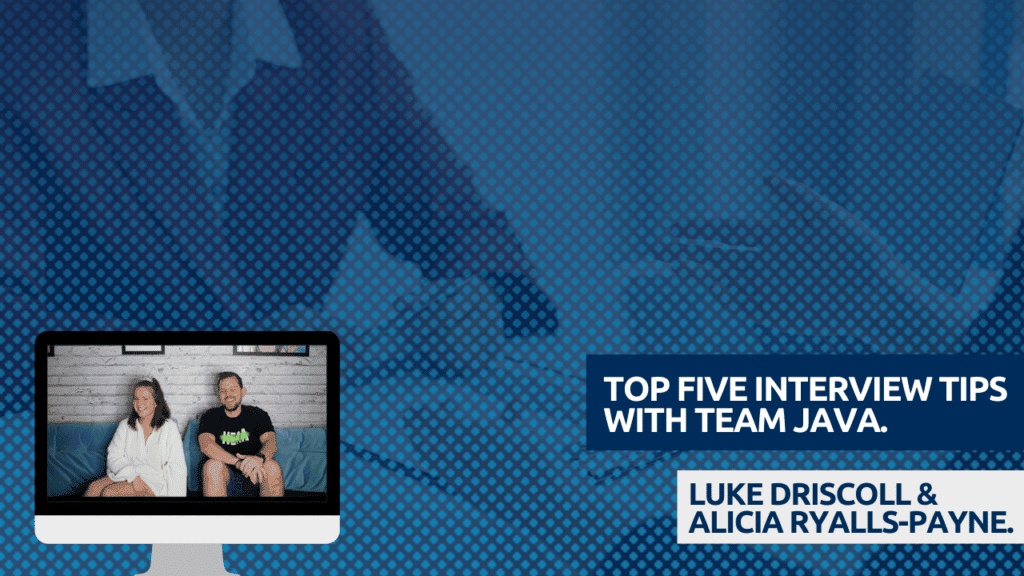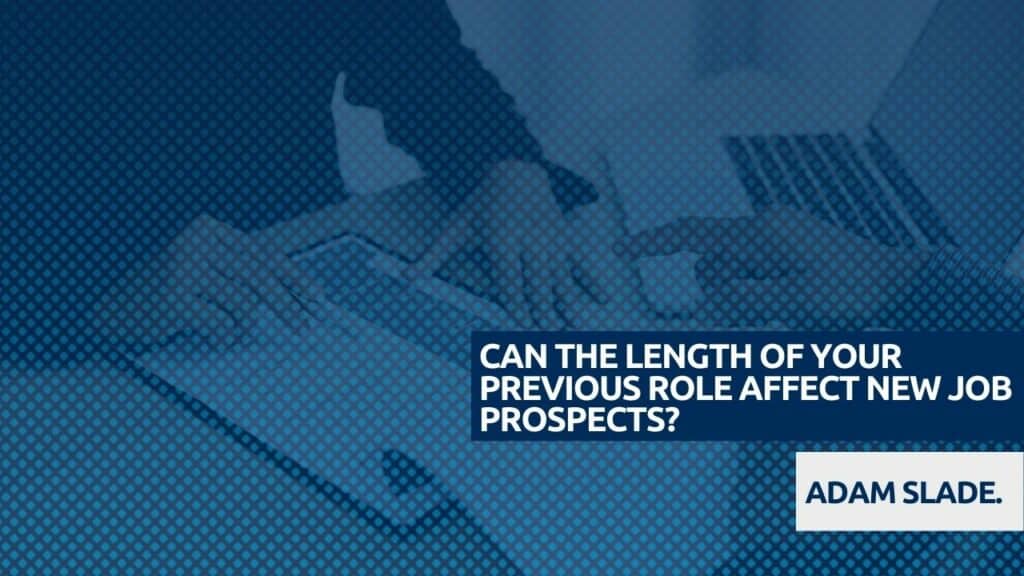Top Tips for Building a Personal Brand

In the last in our mini webinar series with Eric Weber, Data Thought Leader and GM of Data Science at Yelp, he gave us his top tips for building a personal brand:
1. Start in ONE SPOT. Don’t try to tackle multiple channels at once.
2. Build things organically.
3. It’s a marathon not a sprint.
4. Set a schedule.
5. Be consistent.
6. Understand who you want to be.
7. Post about your everyday experiences and challenges.
8. Be HONEST! If you dont understand something, ask your network.
9. Build a rapport.
BUT THE TWO BIGGEST TAKEAWAYS ARE:
Consistency is key and consistency is key; people want to be able to contribute to the conversation.
For more information around each of these great tips, what the full video below.
What would your top tip be? Comment below. We’d love to hear from you.
Transcription:
Lewis: What would be your best advice for people that are thinking about trying to build their personal brands. What approaches can they take? What platforms do you think are going to get the message out from a data perspective or technology perspective in the best way? What’s your advice around that Eric?
Eric: So, platform-wise. I guess, I mean, maybe I’m biased but I can’t imagine looking for data profiles outside of LinkedIn, Twitter, you don’t have to have all three. But, having some accessibility on at least one of those is going to be a net positive.
Lewis: Yeah. And that’s sort of the idea of building a landing spot for you. Like, if people want to learn more about you. Right, if you think about this and you put one link at the top of your resume and that link take you to? Would it be your LinkedIn profile? GitHub? Twitter? Because most likely people aren’t going to click through three separate links. But if you put one link up there, why would you want to drive them to that place? And what are they going to find when they get there? If you think about that as, OK, if you. And so when I say that because if you’re going to start in one spot, don’t try to be a multi-platform person, try to build things organically. Lewis: Well it’s time-consuming. Right? To manage more than one.
Eric: Yes. Time-consuming. And the other thing is, think about this as a marathon, not a sprint. If you’re going to do this, set something that you think is reasonable for you. Do you want to post every two days? Every week? Every day? Whatever the cadence that is, be consistent about it.
Lewis: Yeah.
Eric: And the other thing is, think about, like, from a content perspective, don’t try to be what you’re not. I have spent a lot of time. Thinking about, ‘OK, maybe I should post about deep learning.’ But that’s not who I am. That’s not who I am. I should say there are a lot of people who are in that space. Lex Fridman, you know, can talk to anybody about essentially anything. I’m not sure that he’s human. He seems to be able to do anything he wants. Lewis: He starts doing, like, thirty thousand press-ups a week or something.
Eric: But think about your day-to-day experience, because often the things that you run into cleaning data, experiencing frustration in getting to data, writing a query to get to something. Those are things that you might see as; ‘No, No one wants to hear about that.’ But this is what people are also experiencing every day. Some of the posts that I’ve made that get the most interaction are when I post about learning Excel because, in a lot of ways, Excel has been a recent tool for me. I have used Python and R and SQL for a long time. But people resonate with that because there are hundreds of millions of people who use Excel. So, the key here is, if you want to think about reaching a group of people to have a meaningful conversation. Think about what type of topics are part of your daily work is going to invite people into a conversation? So if you see people, there’s a good hashtag, #onehundreddaysofcode, things like that.
Lewis: Yeah.
Eric: And people doing that, I actually love it, because it provides a real picture into the day-to-day experiences that you’re having.
Lewis: It’s okay not to know something as well and then to post about it. Right?
Eric: There’s a lot of things we don’t know.
Lewis: Yes. The idea is that you’re trying to engage with your network and that engagement would naturally create a personal brand, but also to try and understand to get a better knowledge of that thing that you perhaps don’t know so well. So, it’s okay to ask questions that aren’t, I guess, you’re just not hugely familiar or comfortable with.
Eric: Yeah, it’s huge. And it’s okay to ask questions. It’s actually probably better to always ask questions. You can come with answers. But, it goes back to the idea People really like to be invited into a conversation. Not necessarily one. They want to hear advice, but they also want to understand that they can contribute to your thinking as well. Or they can learn something from you.
NÄCHSTE SCHRITTE.










